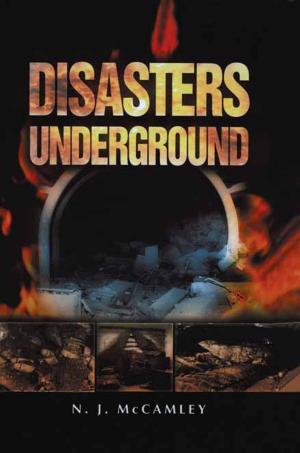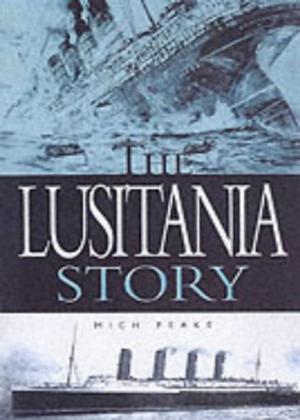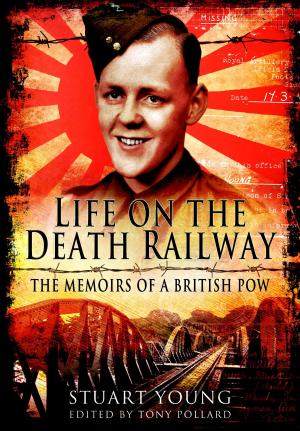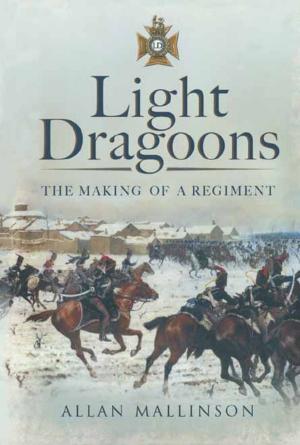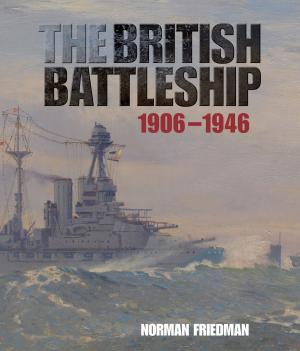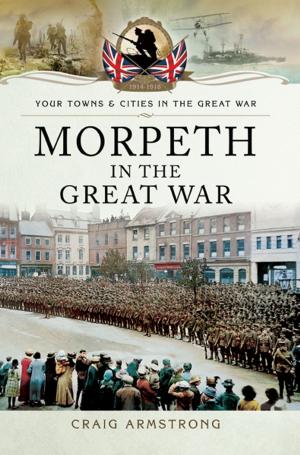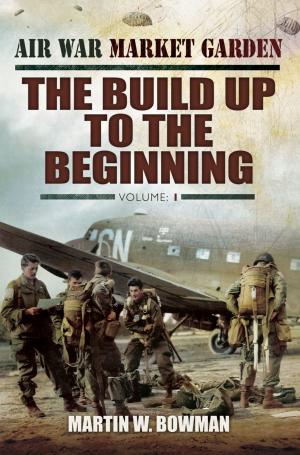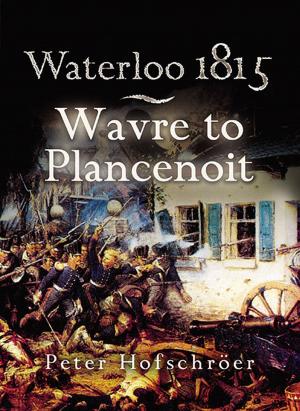The London Leylands
The Last Years of RTL and RTW Operation in London
Nonfiction, Reference & Language, Transportation, Automotive, History, British| Author: | Jim Blake | ISBN: | 9781473861442 |
| Publisher: | Pen and Sword | Publication: | March 30, 2018 |
| Imprint: | Pen and Sword Transport | Language: | English |
| Author: | Jim Blake |
| ISBN: | 9781473861442 |
| Publisher: | Pen and Sword |
| Publication: | March 30, 2018 |
| Imprint: | Pen and Sword Transport |
| Language: | English |
LONDON'S FAMOUS RT-TYPE BUSES were an iconic symbol of our Capital city in the 1950s, before being superseded by the Routemasters. Most were built between 1947 and 1954 to replace worn-out pre-war and wartime buses, as well as our remaining trams. More than 7,000 were built in all and although London Transport favored A.E.C. chassis, which the first batches of RTs had, so pressing was the need for new buses that not enough could be supplied by that manufacturer to match demand. Therefore Leyland Motors were contracted to adapt their Leyland "Titan" PD2 chassis to fit bodies that, for the most part, were identical with those on RTs. The result was the 1,631-strong RTL class, together with the 500 RTWs, which had bodies also built by Leyland to the same general design, were built between 1948 and 1954. Always in a minority compared to the 4,825-strong RT class, these Leyland buses had a character all of their own, perhaps personified by their louder engine note. They also had a reputation for being heavier on their steering than the RTs, making them unpopular with staff, and therefore general withdrawal of them commenced in 1958, taking almost ten years to complete (in November 1968), whereas the RTs soldiered on until April 1979\. During the RTL and RTW class buses' final years, Jim Blake was out and about photographing them throughout London. A selection of his photographs of them, most previously unpublished, is presented here. Nearly fifty years after their demise from London's streets, the RTLs and RTWs still have a firm following amongst bus enthusiasts and preservationists alike, and it is to them that this book is dedicated!
LONDON'S FAMOUS RT-TYPE BUSES were an iconic symbol of our Capital city in the 1950s, before being superseded by the Routemasters. Most were built between 1947 and 1954 to replace worn-out pre-war and wartime buses, as well as our remaining trams. More than 7,000 were built in all and although London Transport favored A.E.C. chassis, which the first batches of RTs had, so pressing was the need for new buses that not enough could be supplied by that manufacturer to match demand. Therefore Leyland Motors were contracted to adapt their Leyland "Titan" PD2 chassis to fit bodies that, for the most part, were identical with those on RTs. The result was the 1,631-strong RTL class, together with the 500 RTWs, which had bodies also built by Leyland to the same general design, were built between 1948 and 1954. Always in a minority compared to the 4,825-strong RT class, these Leyland buses had a character all of their own, perhaps personified by their louder engine note. They also had a reputation for being heavier on their steering than the RTs, making them unpopular with staff, and therefore general withdrawal of them commenced in 1958, taking almost ten years to complete (in November 1968), whereas the RTs soldiered on until April 1979\. During the RTL and RTW class buses' final years, Jim Blake was out and about photographing them throughout London. A selection of his photographs of them, most previously unpublished, is presented here. Nearly fifty years after their demise from London's streets, the RTLs and RTWs still have a firm following amongst bus enthusiasts and preservationists alike, and it is to them that this book is dedicated!



